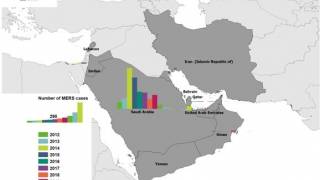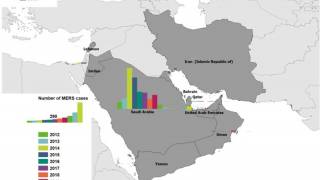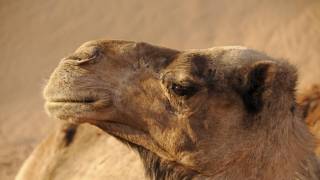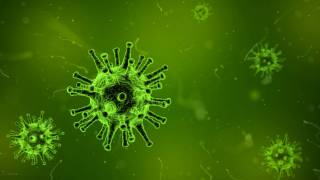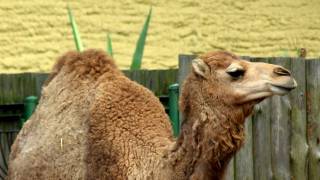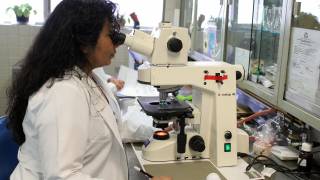Hong Kong Reports Suspected MERS Cases

The Hong Kong Department of Health has reported 2 suspected cases of Middle East Respiratory Syndrome (MERS).
MERS is a viral respiratory illness that is new to humans, reports the US Centers for Disease Control and Prevention (CDC).
On January 3, 2020, Hong Kong’s Centre for Health Protection (CHP) said in a statement that it is ‘urging the public to pay special attention to safety during travel, taking due consideration of the health risks in the places they visit.’
‘Travellers to the Middle East should avoid going to farms, barns or markets with camels; avoid contact with sick persons and animals, especially camels, birds or poultry; and avoid unnecessary visits to healthcare facilities,’ a CHP spokesman said in this press release.
‘We strongly advise tours to the Middle East to abstain from activities involving direct contact with camels, which are known risk factors for acquiring MERS Coronavirus (MERS-CoV).’
Most people infected with MERS-CoV developed severe respiratory illness, including fever, cough, and shortness of breath. Many of these patients have died, says the CDC.
There are two main ways to determine if a person is, or has been, infected with MERS-CoV.
One type of test, conducted at CDC labs, is called PCR, or polymerase chain reaction, assays. The 2nd type of test, conducted by the CDC, is called serology testing.
Tour leaders and tour guides operating overseas tours are advised to refer to the CHP's health advice on MERS.
Inbound travelers and members of the public who recently visited the Middle East and developed relevant symptoms within 14 days will be classified as suspected MERS cases. They will be taken to public hospitals for isolation and management until their specimens test negative for MERS-CoV.
MERS was first reported in Saudi Arabia in 2012 and has since spread to several other countries, including the United States, says the CDC.
Only 2 patients in the USA have ever tested positive for MERS-CoV infection—both in May 2014—while more than 1,300 people have tested negative.
MERS news
Currently, there is no vaccine available to protect against MERS. But, there are MERS vaccine candidates in clinical studies, such as:
On December 19, 2019, a Phase Ib clinical trial in the Kingdom of Saudi Arabia launched to evaluate a vaccine candidate to protect people against the MERS-CoV.
And, during July 2019, Inovio Pharmaceuticals MERS vaccine INO-4700 was found well-tolerated and demonstrated overall high levels of antibody responses.
Furthermore, the GLS-5300 MERS CoV vaccine candidate was shown to be safe, well-tolerated, and induced a robust immune response in a Phase 1 first-in-human clinical trial during July 2019.
The public may visit the MERS pages of the CHP and its Travel Health Service.
MERS Vaccine news published by Vax-Before-Travel
Our Trust Standards: Medical Advisory Committee


